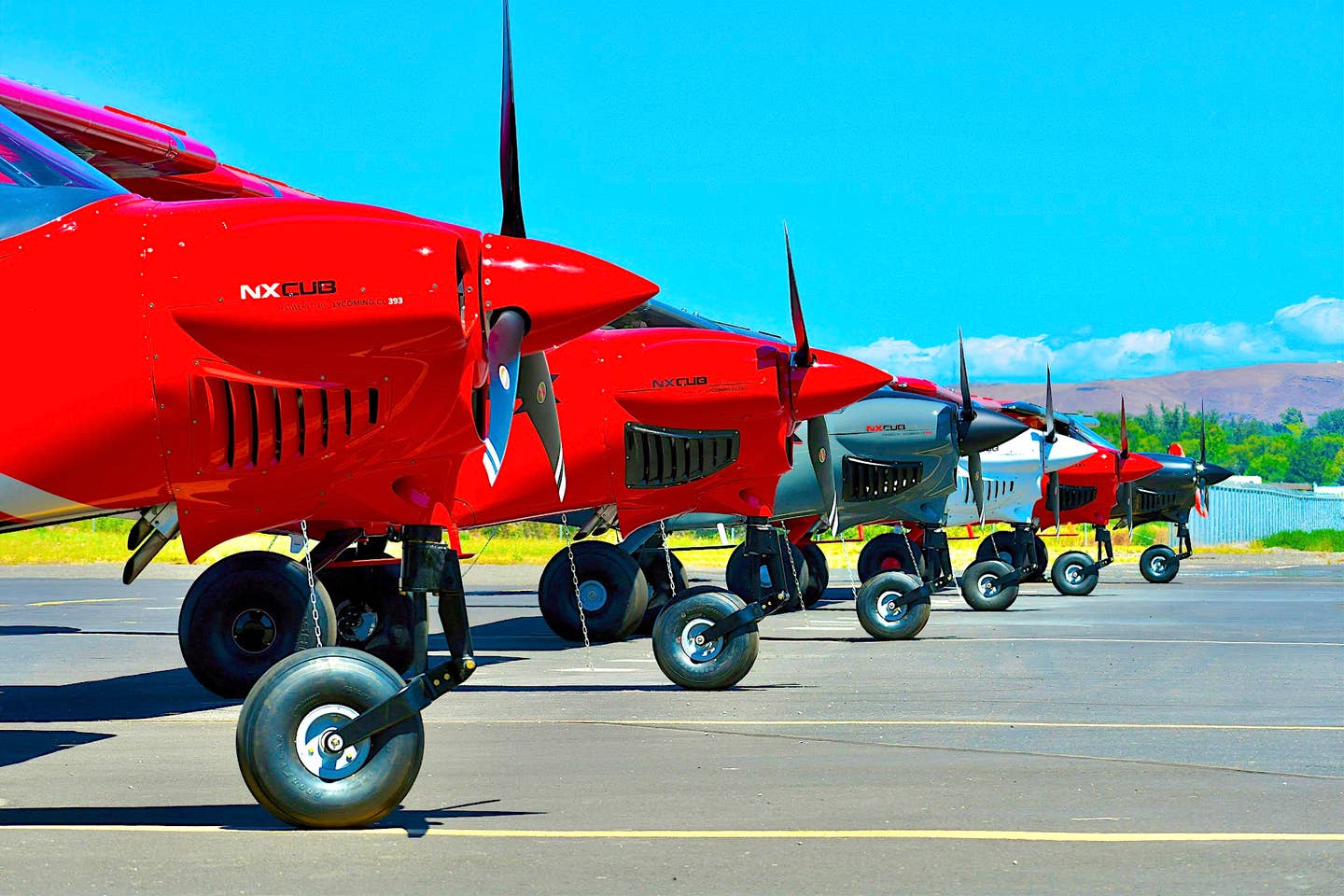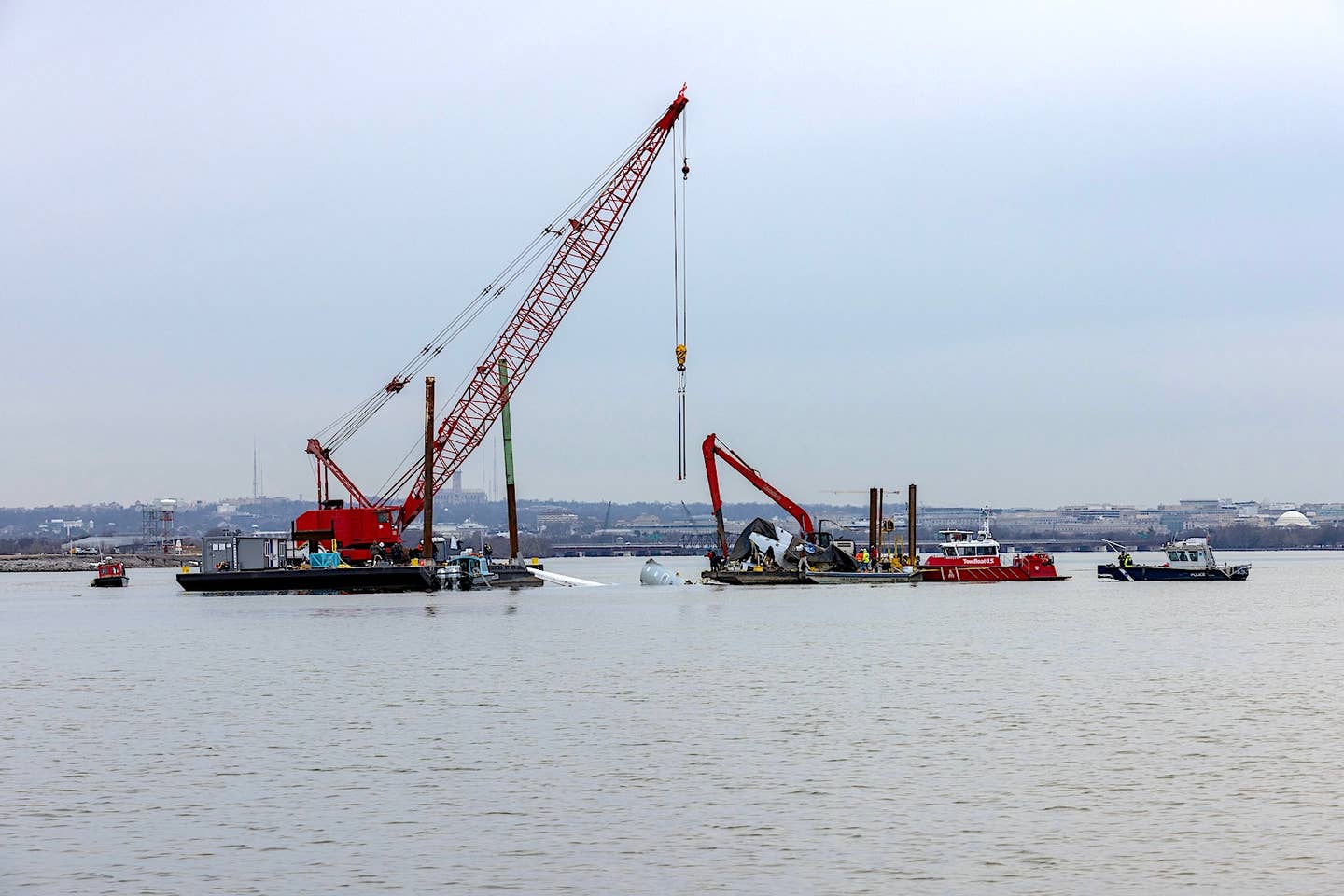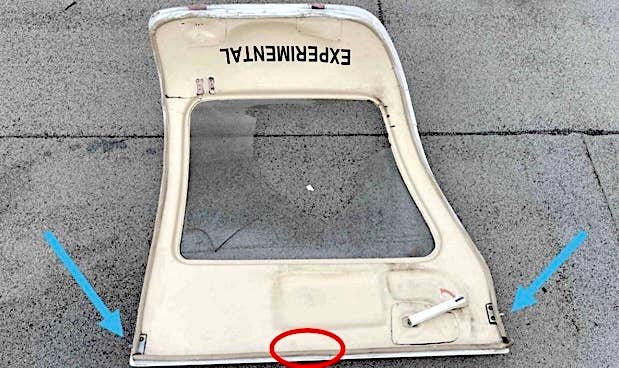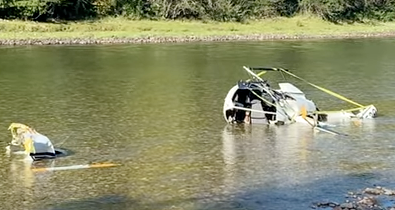Attack Unlikely In Russian A321 Crash
ADS-B data recorded by FlightRadar24 suggests the final 30 seconds of Metrojet Flight 9268 before the data stream stopped involved a series of violent dives and climbs reaching up to 8,000 feet per minute.
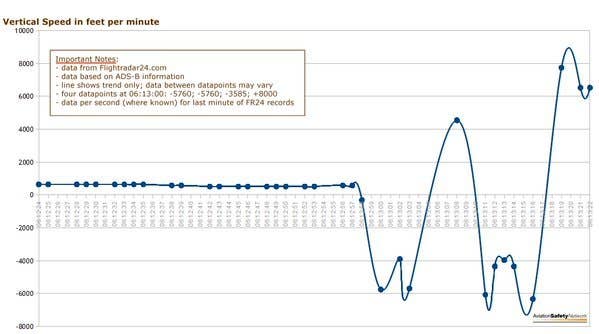
ADS-B data recorded by FlightRadar24 suggests the final 30 seconds of Metrojet Flight 9268 before the data stream stopped involved a series of violent dives and climbs reaching up to 8,000 feet per minute. In the last minute before the data ended, the aircraft was climbing normally at about 400 feet per minute before it suddenly dove at almost 6,000 feet per minute and then zoomed upward at 8,000 feet per minute. ADS-B data is not considered reliable enough for accident investigations and the real story will likely be revealed in the flight data recorder, which was recovered late Saturday. An in-flight break-up is a given but the cause remains a question. Early theories following the crash of the Russian Metrojet A321 in Egypt lean toward a technical failure rather than any sort of attack or pilot error, according to multiple sources quoted by multiple news services. There is also an unconfirmed report that a pilot reported a technical fault and said he was heading for Cairo. The tail of the aircraft landed far from the main wreckage and the plane did have a tail strike 14 years ago.
The aircraft packed with 224 people crashed on the Sinai Peninsula early Saturday and at first a local ISIS group claimed responsibility. That claim has been discounted but was worrisome enough that airlines plying those routes decided to avoid the Sinai until the cause of the crash is clarified.The aircraft took off from the resort city of Sharm El Sheikh for St. Petersburg just after 6 a.m. and was climbing through 33,500 feet when its groundspeed dropped to 93 knots and it lost about 5,000 feet in a minute, according to data collected by FlightRadar24. While the local ISIS rebels have shoulder-launched anti-aircraft missiles, they couldn't take down an airliner at that altitude. Only an advanced surface-to-air system or fighter could do that and officials seem confident that didn't happen. The aircraft was an older A-321, built in 1997 with 56,000 hours and 21,000 cycles, but the airline and Russian officials say it was in good order.

